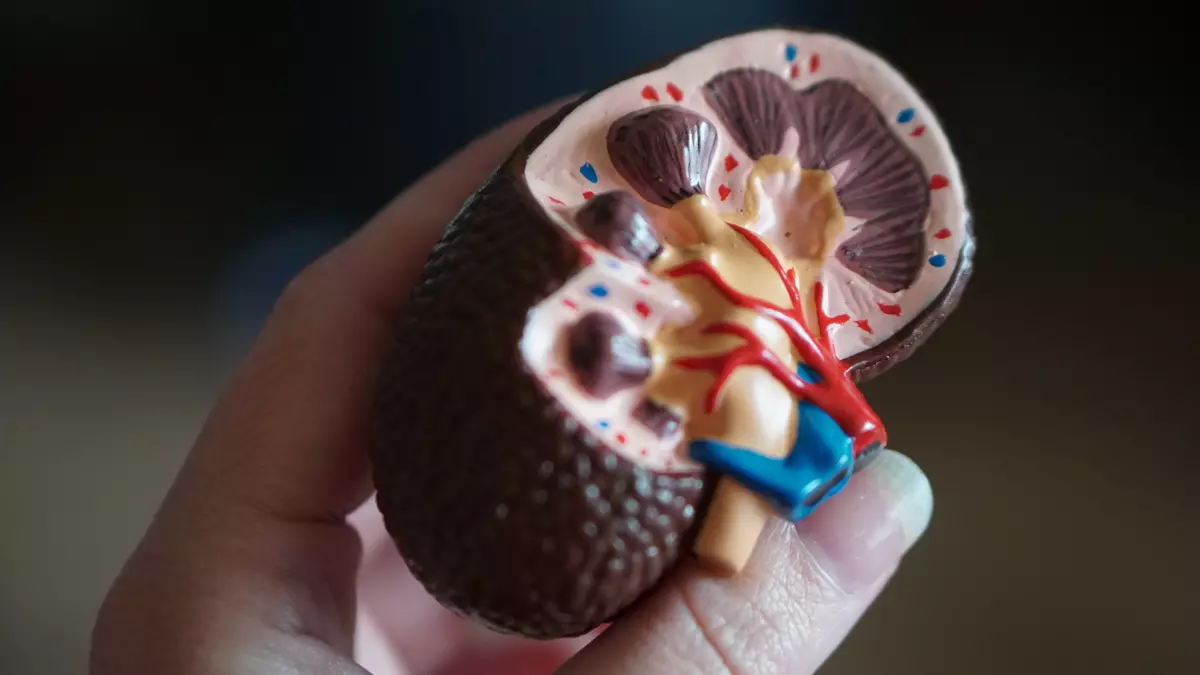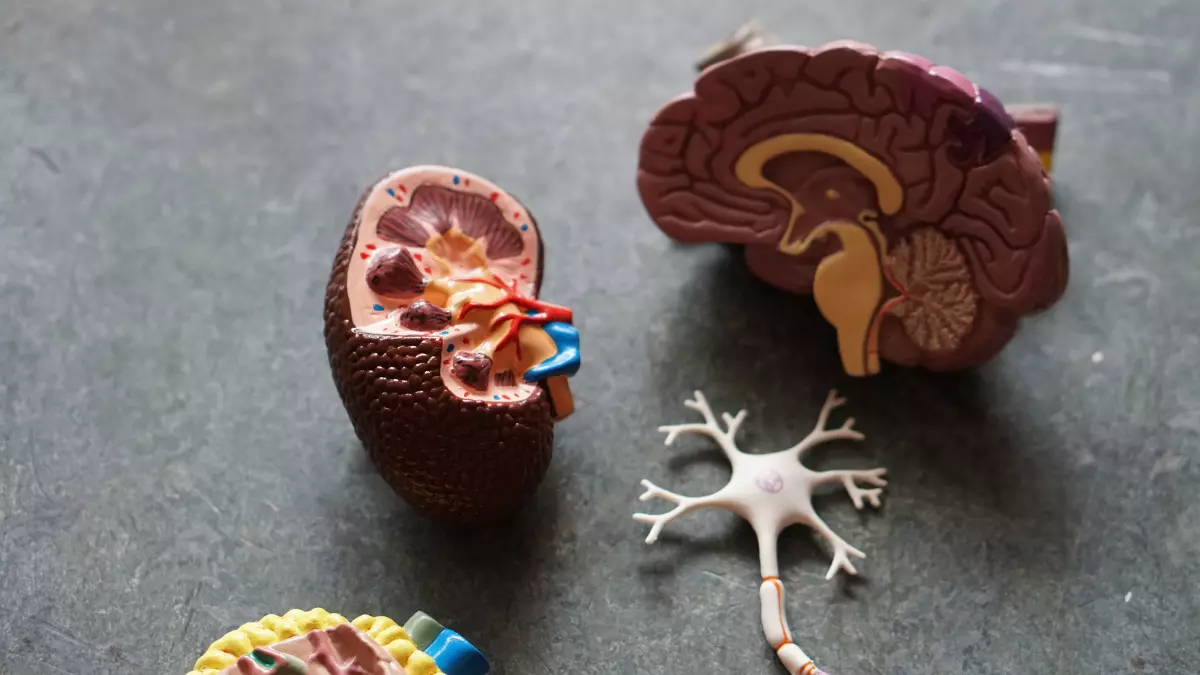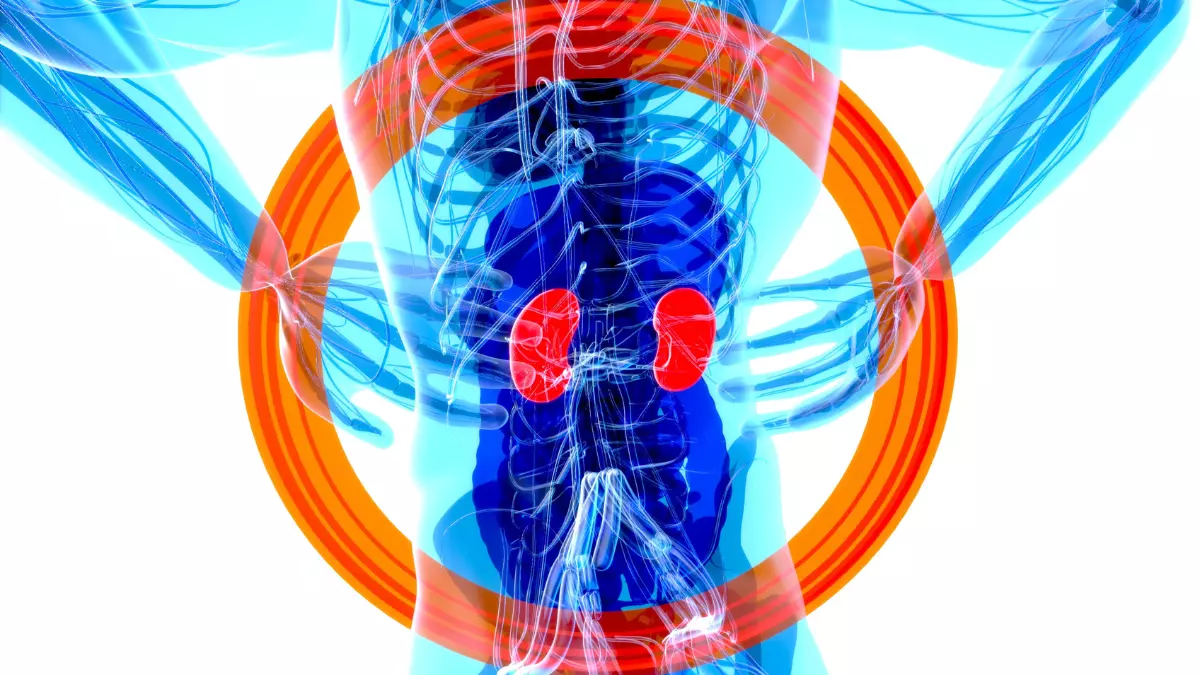Maintaining optimal kidney health is pivotal for overall well-being. These fist-sized organs play a crucial role in filtering waste, regulating body levels, and producing essential hormones. In this comprehensive guide, we will explore 12 practical strategies encompassing lifestyle choices, dietary habits, and proactive health measures to ensure your kidneys function at their best.
Optimal Kidney Health: 12 Strategies for Disease Prevention
- Stay Active for Healthy Kidneys: Regular exercise is not just about maintaining a healthy weight; it significantly reduces the risk of chronic kidney disease along with other disease. Whether it’s walking, running, cycling, or dancing, activities that promote heart health and lower blood pressure are essential for preventing kidney damage.
2. Manage Blood Sugar Levels: Effectively managing blood sugar levels is critical, especially for those with diabetes. Poorly controlled diabetes can strain the kidneys, leading to potential long-term damage. Proactive blood sugar management significantly reduces this risk.
3. Monitor and Control Blood Pressure: High blood pressure poses a substantial risk to kidney health, particularly when combined with other health issues. Maintaining blood pressure within the healthy range (120/80) is crucial, involving lifestyle changes and, if necessary, medication.
4. Maintain a Balanced Diet and Weight: Adopting a balanced diet low in sodium and processed foods is crucial for kidney health. Emphasize fresh fruits, vegetables, whole grains, lean proteins, and limited added sugars. Managing weight through a balanced diet is crucial, as obesity can lead to kidney-related complications.
5. Stay Hydrated: Adequate water intake is fundamental for kidney health, helping clear toxins and reduce the risk of chronic kidney disease. Aim for 3 liters of water per day, adjusting based on factors such as climate, activity level, and health conditions.
6. Quit Smoking: Smoking damages blood vessels, reducing blood flow to the kidneys and increasing the risk of kidney cancer. Quitting smoking significantly reduces these risks, contributing to overall kidney health.
7. Be Mindful of Over-the-Counter Medications: Regular use of over-the-counter pain medications, especially NSAIDs like ibuprofen, can potentially harm the kidneys. Follow recommended dosages, and if you have concerns about pain management, consult with a healthcare professional.
- Regular Kidney Function Tests for High-Risk Individuals:High-risk individuals, including those over 60, with a family history of kidney disease, or conditions like high blood pressure or obesity, should undergo regular kidney function tests for early detection and timely intervention.

Optimal Kidney Health: 12 Strategies for Disease Prevention
Common Kidney Issues: Understanding and Prevention: Explore prevalent kidney problems such as chronic kidney disease, kidney stones, glomerulonephritis, polycystic kidney disease, and urinary tract infections. Understand the signs, symptoms, and preventive measures for each condition.
Preventive Measures for Kidney Disease: A Holistic Approach: Provide actionable steps to prevent kidney disease, including dietary choices, exercise routines, maintaining a healthy weight, and managing underlying health conditions like diabetes and high blood pressure.
How to Keep Your Kidneys Healthy: A Practical Guide
Your kidneys, crucial for several bodily functions, require proper care. Here are practical tips to maintain optimal kidney health:
- Regular Exercise for Kidney Health: Incorporate activities like walking, running, or dancing to reduce the risk of chronic kidney disease and enhance heart health.
2. Blood Sugar Management: Effectively manage blood sugar levels to prevent strain on the kidneys, particularly crucial for individuals with diabetes.
3. Blood Pressure Control: Maintain blood pressure within the healthy range (120/80) through lifestyle changes and, if necessary, medication.
4. Balanced Diet and Weight Management: Adopt a diet low in sodium and processed foods, focusing on fresh, nutritious options. Manage weight to prevent kidney-related complications.
5. Adequate Hydration: Ensure proper water intake to clear toxins and reduce the risk of chronic kidney disease.
6. Smoking Cessation: Quit smoking to improve blood flow to the kidneys and reduce the risk of kidney cancer.
7. Caution with OTC Medications: Mindfully use over-the-counter pain medications, following recommended dosages to avoid potential kidney harm.
8. Regular Kidney Function Tests: High-risk individuals should undergo periodic kidney function tests for early detection and intervention.

Understanding Common Kidney Issues and Prevention:
Chronic Kidney Disease (CKD): Caused often by high blood pressure, early detection through regular tests is crucial. Manage blood pressure and diabetes effectively.
Kidney Stones: Formed by crystallized minerals, kidney stones can be prevented by maintaining hydration and a balanced diet.
Glomerulonephritis: Inflammation of kidney filters, glomerulonephritis, can be caused by infections or autoimmune diseases. Timely medical intervention is essential.
Polycystic Kidney Disease: A genetic disorder causing fluid-filled cysts on the kidneys, regular monitoring and management are key.
Urinary Tract Infections (UTIs): Bacterial infections in the urinary system may lead to kidney failure if untreated. Prompt treatment of UTIs is vital.

Preventing Chronic Kidney Disease: Tips and Advice:
- Eat a Balanced Diet: Prioritize fresh fruits, vegetables, whole grains, lean proteins, and limit sodium, added sugar, and processed foods.
2. Manage Blood Pressure: Lifestyle changes, exercise, and medications like ACE inhibitors can help control blood pressure.
3. Manage Underlying Health Conditions: Effective management of conditions like diabetes, cardiovascular disease, and urinary tract infections is crucial for kidney health.
4. Safe Medication Use: Avoid substances that can harm the kidneys, including overuse of NSAIDs and certain antibiotics.
5. Regular Exercise: Physical activity supports overall health, including kidney function. Aim for 150 minutes of moderate exercise per week.
6. Maintain a Moderate Weight: Weight management through a balanced diet and regular exercise is essential for kidney health.
7. Quit Smoking: Smoking is a significant risk factor for kidney disease. Quitting smoking can reduce this risk.
8. Limit Alcohol Intake: Excessive alcohol consumption can contribute to kidney disease. Drink in moderation or seek help for alcohol use disorder.
9. Prioritize Sleep: Adequate, quality sleep is essential for overall health, including kidney function. Aim for 7-8 hours of sleep each night.
10. Manage Stress: Stress management through activities like meditation, yoga, or tai chi can positively impact kidney health.
11. Regular Check-ups: Monitor your health regularly and seek medical attention for any persistent symptoms.
12. Acknowledge Nonmodifiable Risks: While some risks like family history or age are nonmodifiable, awareness allows for proactive measures in other areas.
Optimal Kidney Health: 12 Strategies for Disease Prevention. Prioritizing kidney health through a holistic approach is vital for overall well-being. By implementing these 12 strategies, you can safeguard your kidneys, prevent potential issues, and promote a healthy, active life. Regular check-ups, healthy lifestyle choices, and early intervention are the cornerstones of optimal kidney health. Start today for a healthier tomorrow.
You may also Read our Finance, World News, Local News, Health, Food article.
